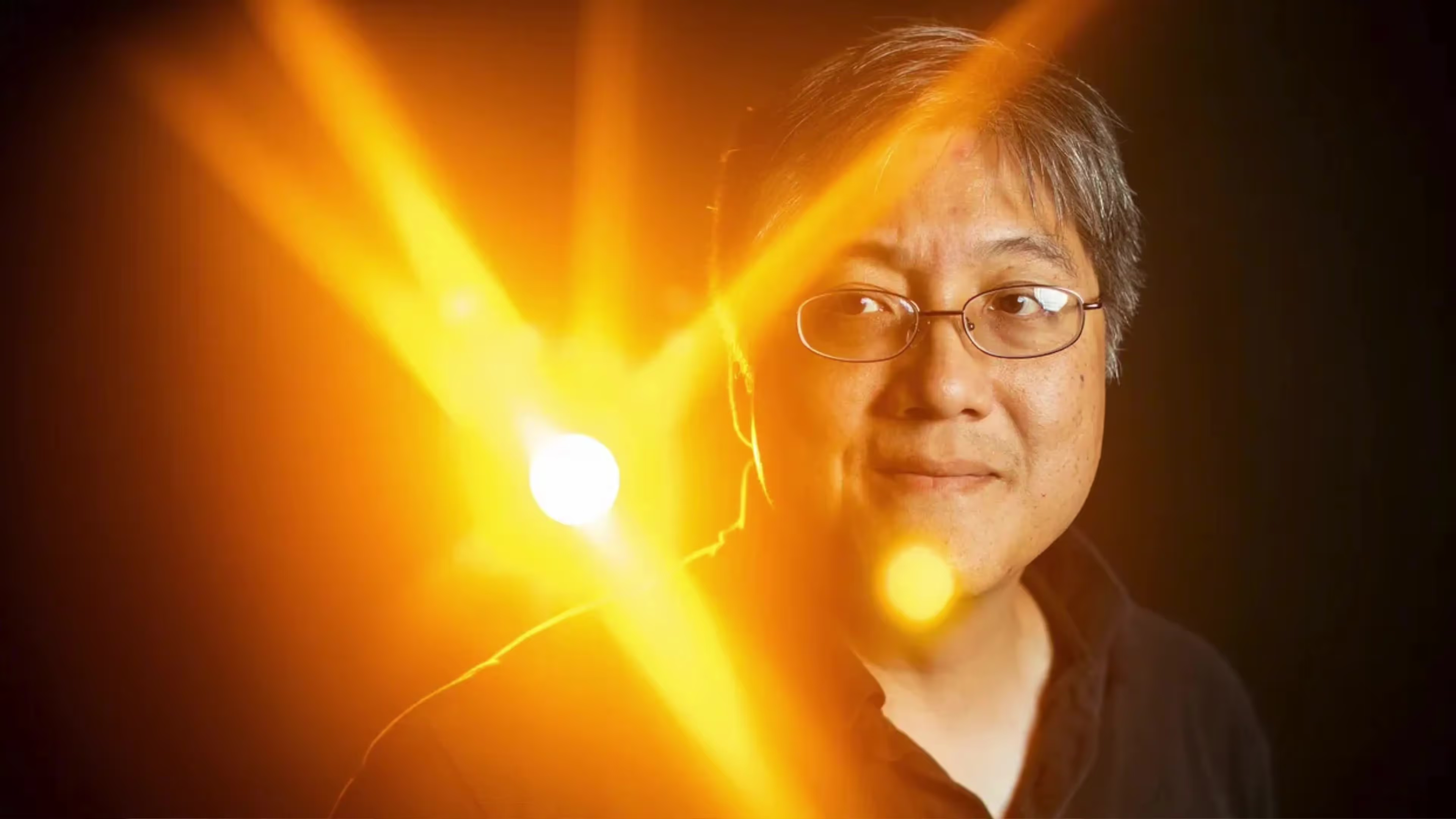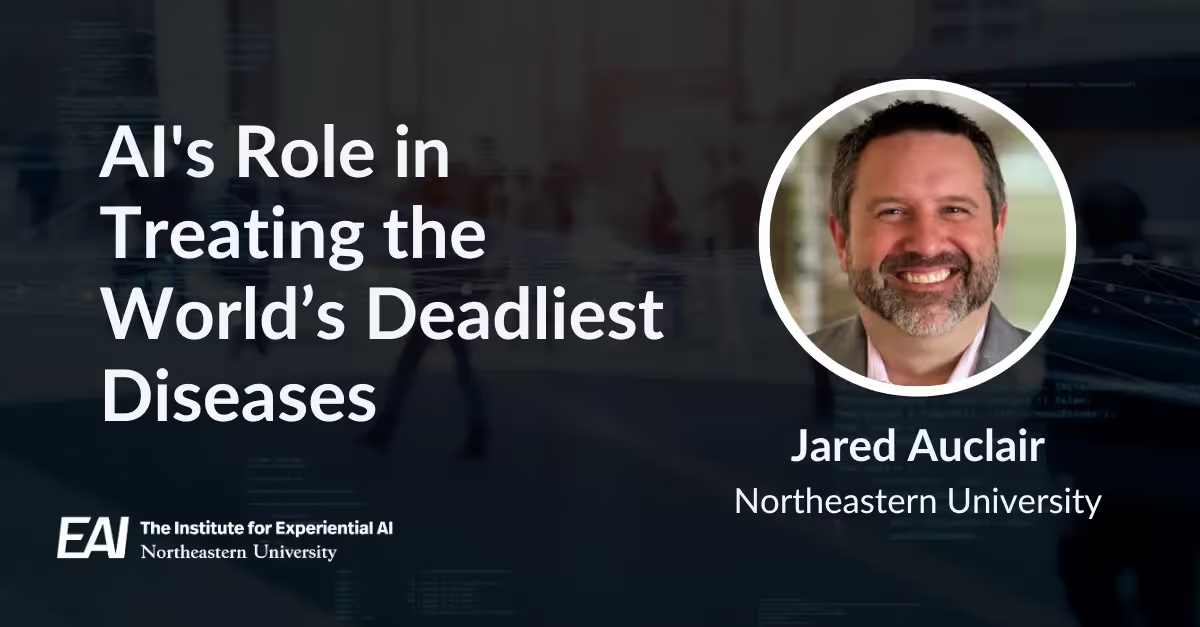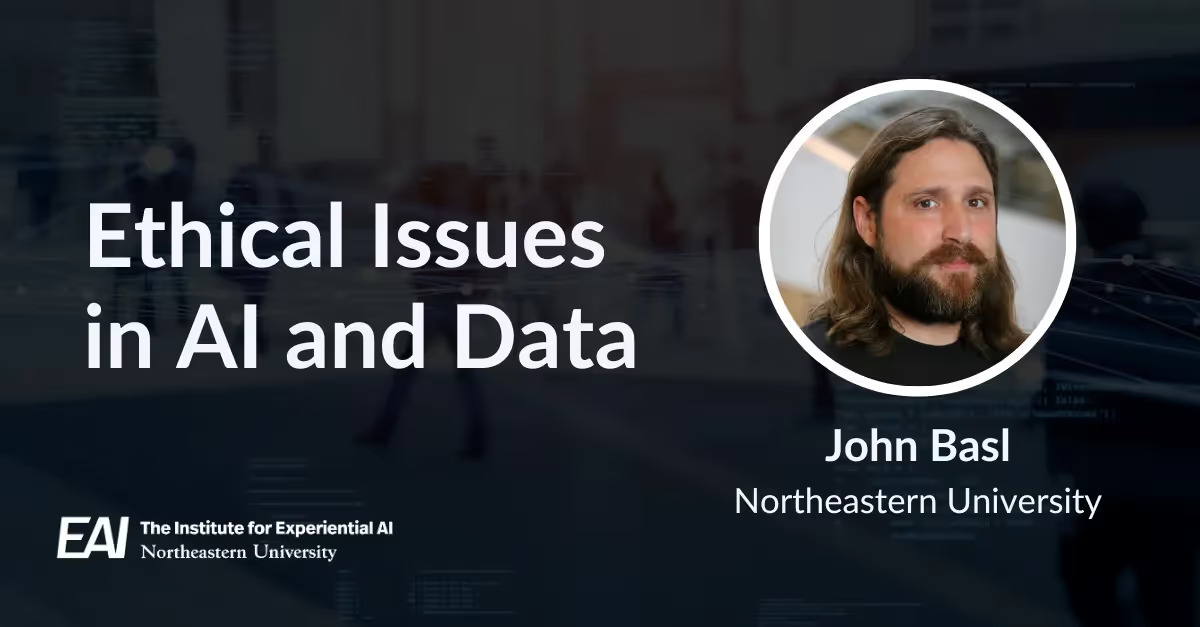The Neuroscience of AI: David Bau on the Need to Explore the Inner Workings of AI

What if you could crack open an AI tool the same way you could disassemble your computer or phone?
That’s the goal for David Bau, an assistant professor of computer science at Northeastern University and core faculty member at the Institute for Experiential AI. Bau's lab aims to improve the interpretability and control of large-scale machine learning.
"The thing that makes this so interesting is that we can create AI systems today that are really capable, but our ability to create these capabilities has outstripped our ability to understand how the AI systems are working to do these things," Bau said. "It's created this unique opportunity and this gap in the science, which is really new to computer science."
Analyzing AI’s Societal Impacts
Bau also directs a $9 million National Science Foundation-funded project called the National Deep Inference Fabric, which aims to improve our understanding of AI systems and their societal impacts.
"Traditionally, in computer science, we understand every line of code that goes into a traditional program," Bau said. "When we create trained neural networks, we don't really understand what the networks are doing to structure their computations, to generalize solutions to these amazing problems, these amazing sets of capabilities that they develop. In our lab, we look for that structure."
Bau likened his research to "the neuroscience of AI," comparing the process of evaluating human brains to developing new methods and experimental designs to determine the steps successful AI tools are taking.
"It's possible these systems will know things that humans don't know," Bau said. "We're used to having systems that are smarter than us as individuals. That's not a new thing. My pocket calculator can do calculations better than I can. When I look something up on Google, it can find a lot of knowledge that I don't personally have."
Academia’s Role in Addressing Pressing AI Problems
What’s new, Bau said, is the idea that AI systems can explore beyond the boundary of existing human knowledge and capability.
Gathering that information from AI systems is one of the pressing problems facing society today, Bau says — an issue he feels that academia is uniquely suited to tackle.
"We're going to have to figure out how to get these systems to teach us the important things that they know that humans don't," Bau said. "It goes beyond what any of the AI companies are doing. I think it's really a long-term problem for academics to bite into. That's why I'm here."
Find out how our institute can help your organization build unique AI solutions here.




